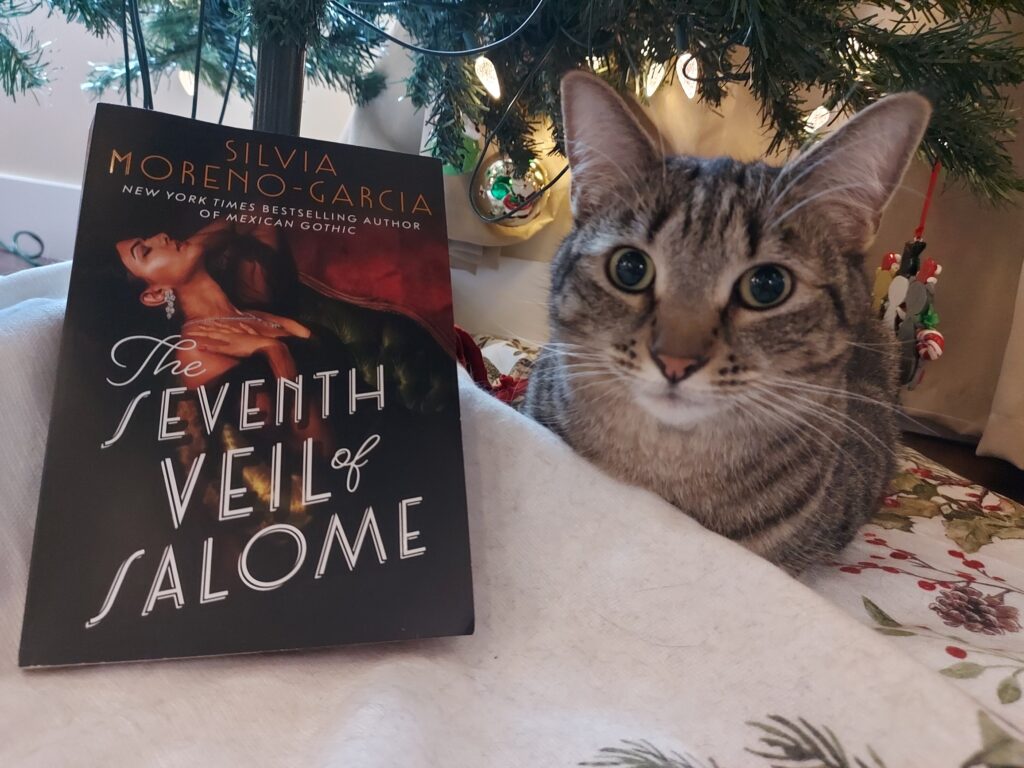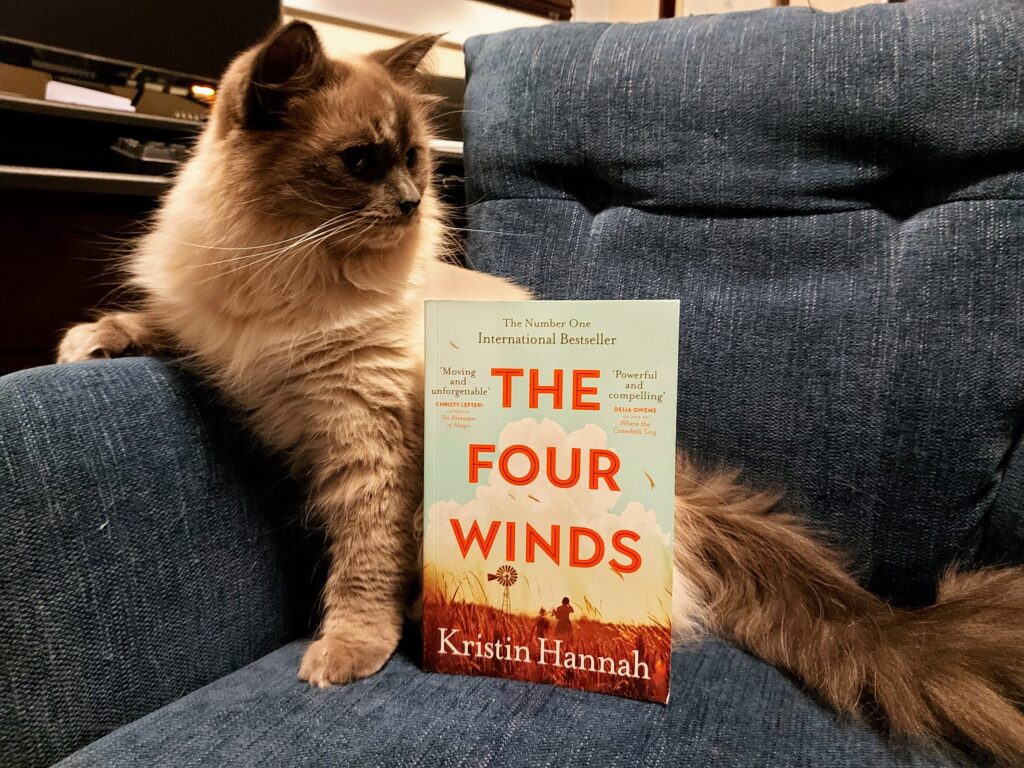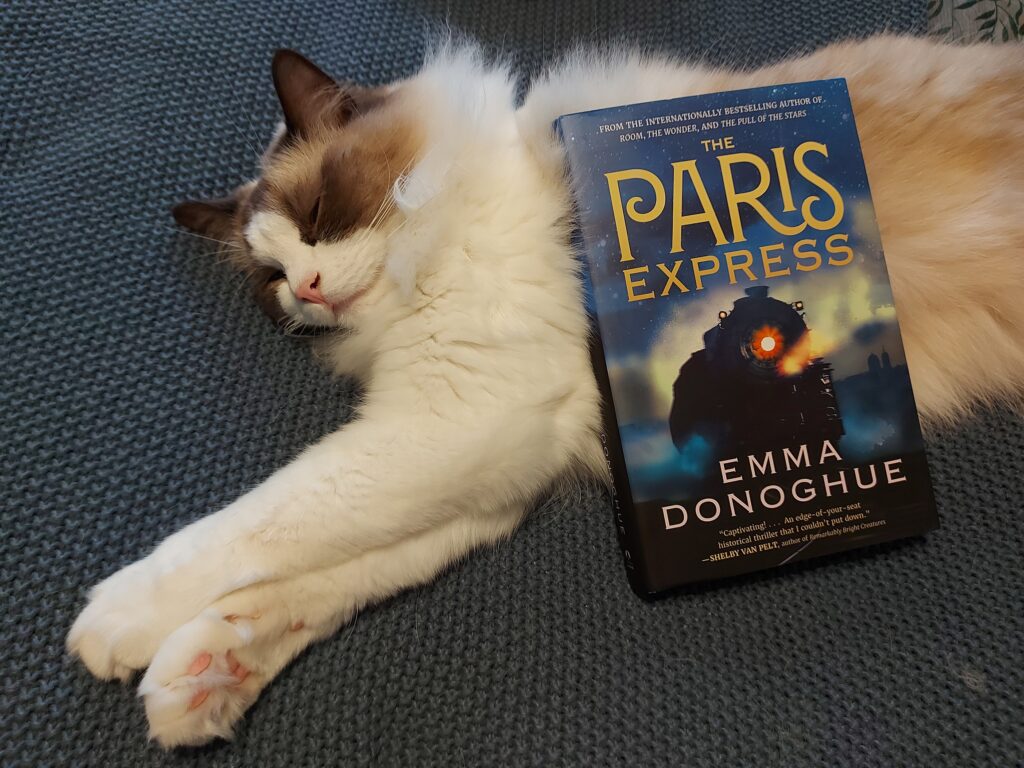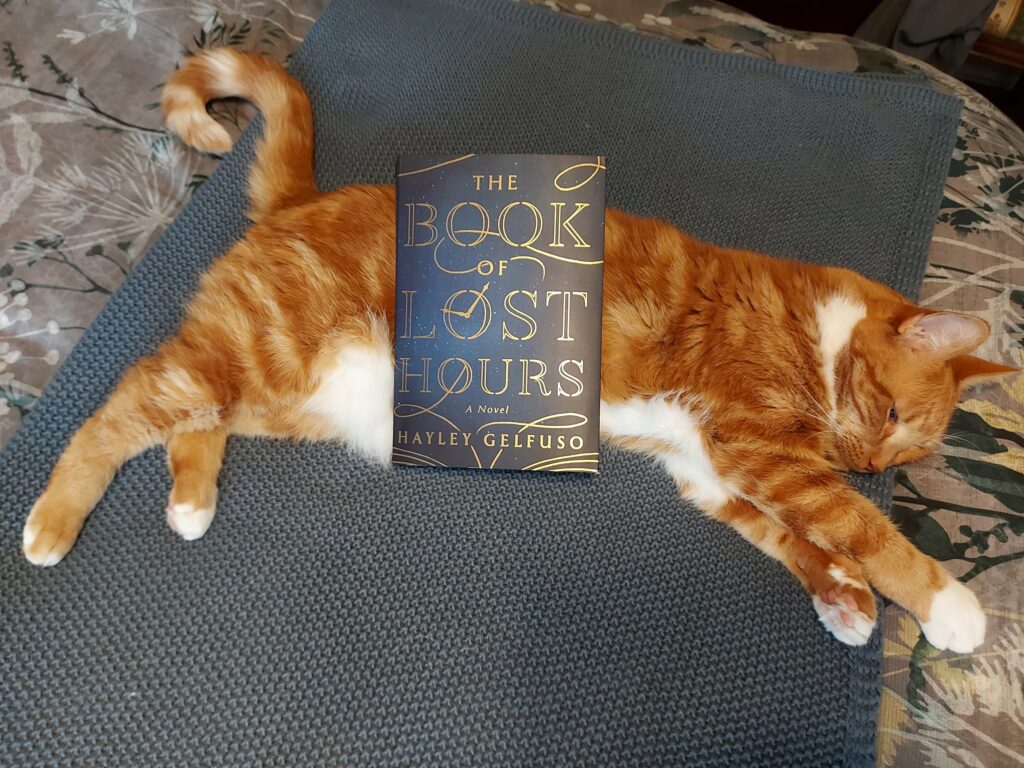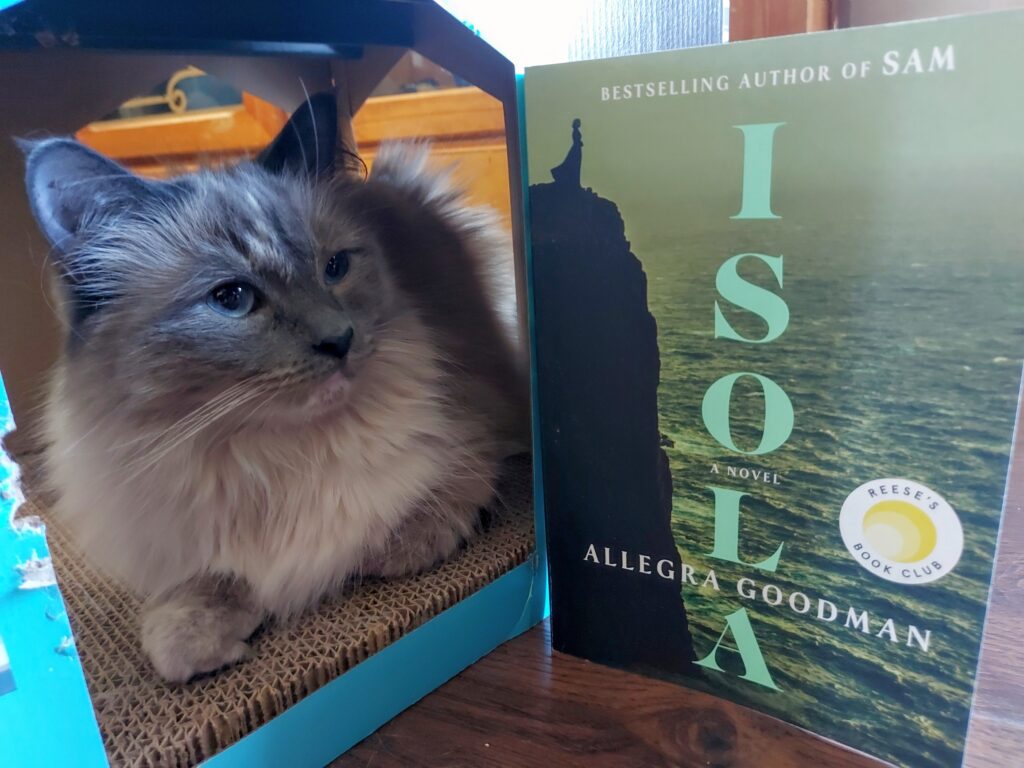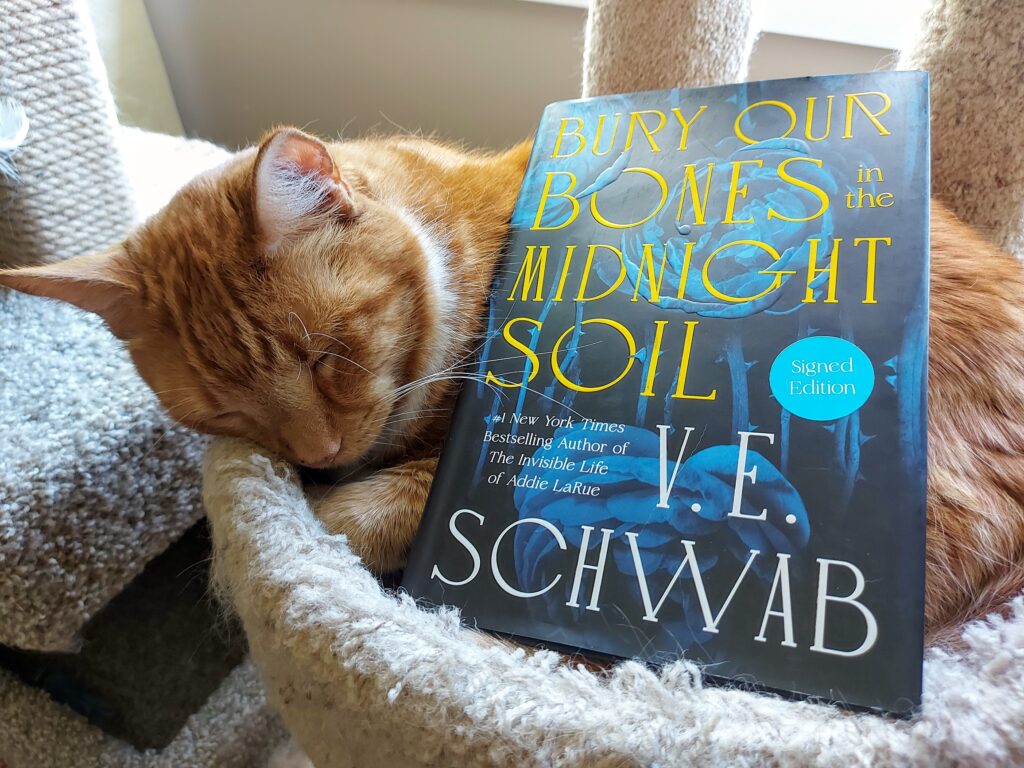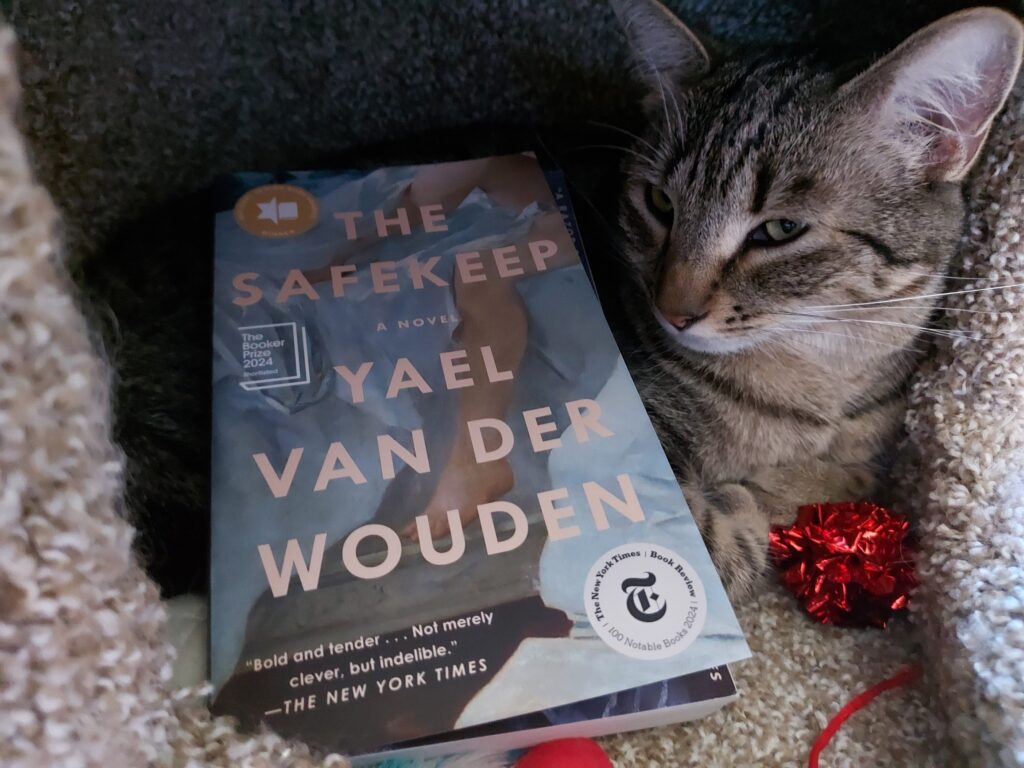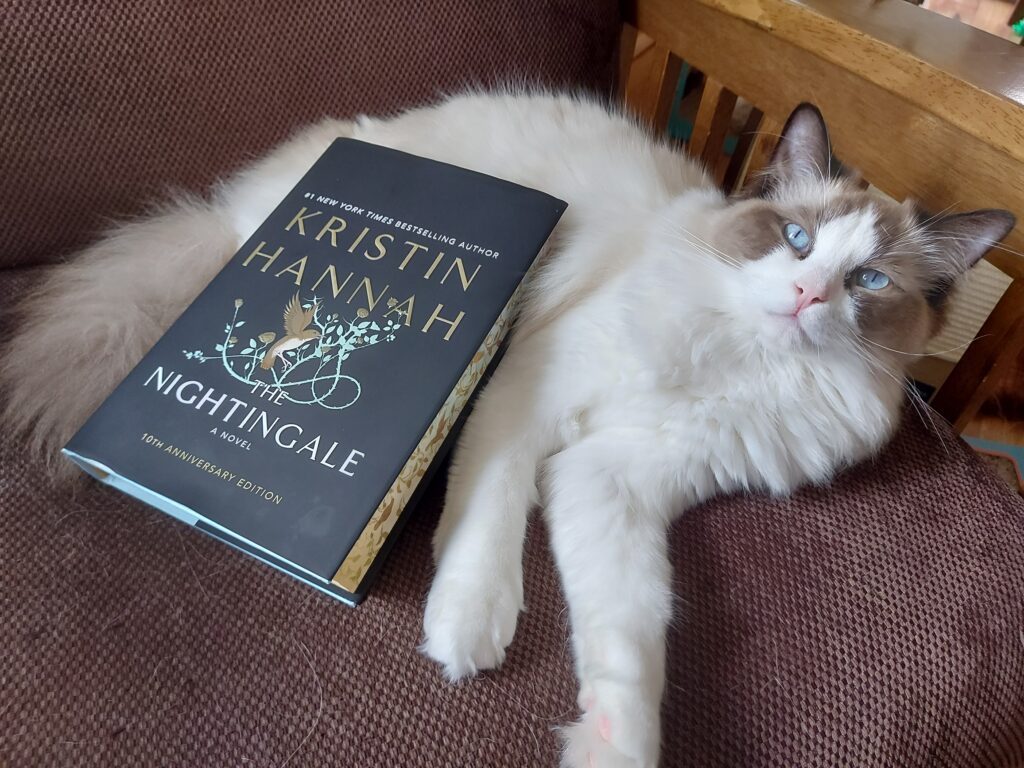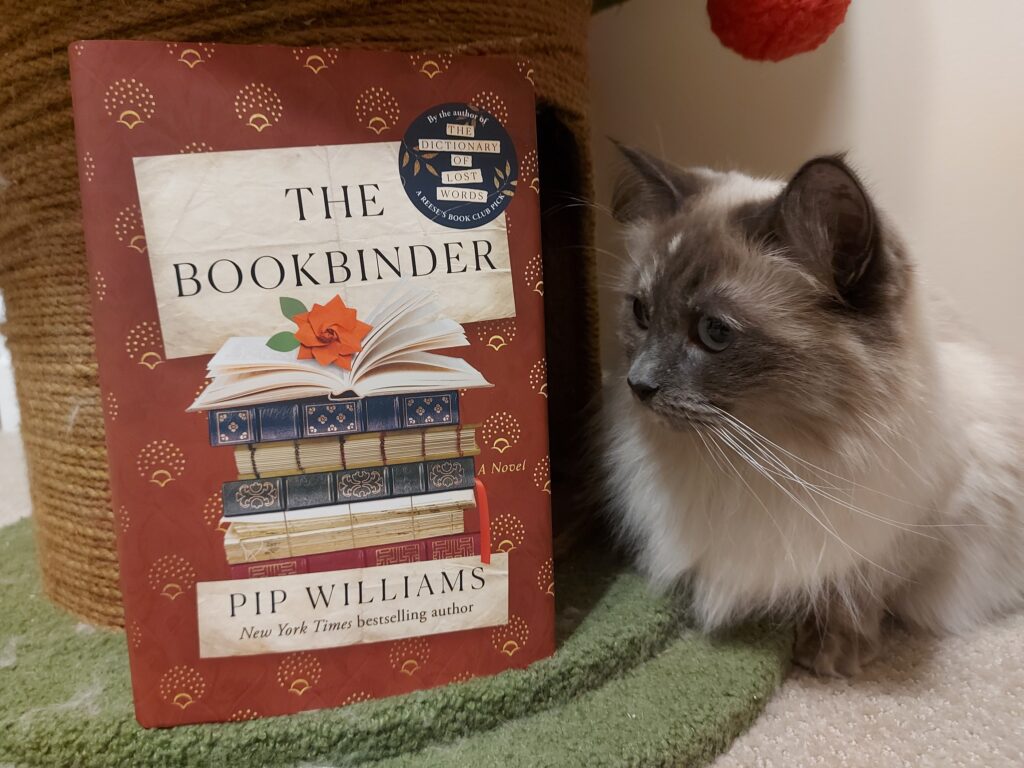Winter Garden by Kristin Hannah
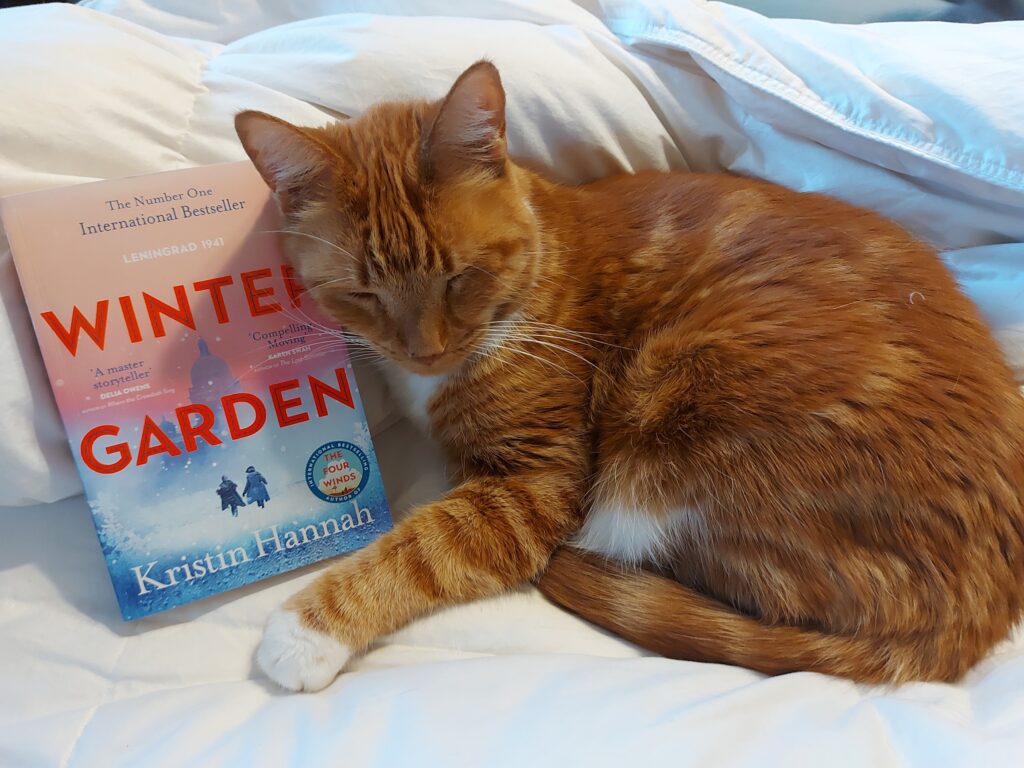
As I said, I am continuing to read Kristin Hannah’s novels (at least the ones that sound interesting to me). I like Winter Garden better than The Four Winds, but like The Four Winds, Winter Garden can’t hold a candle to The Nightingale.
…